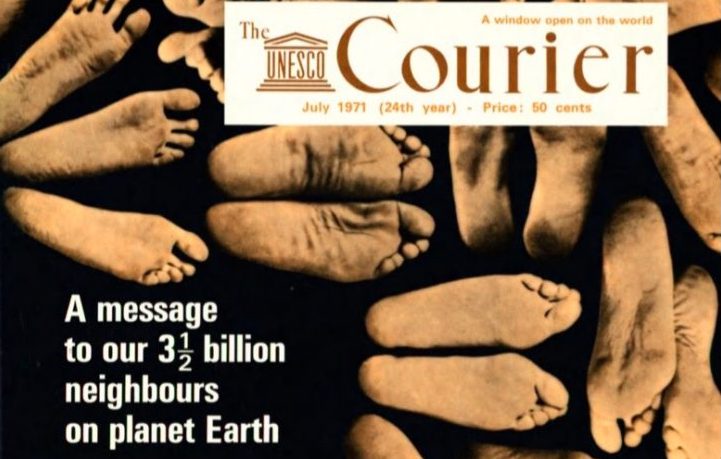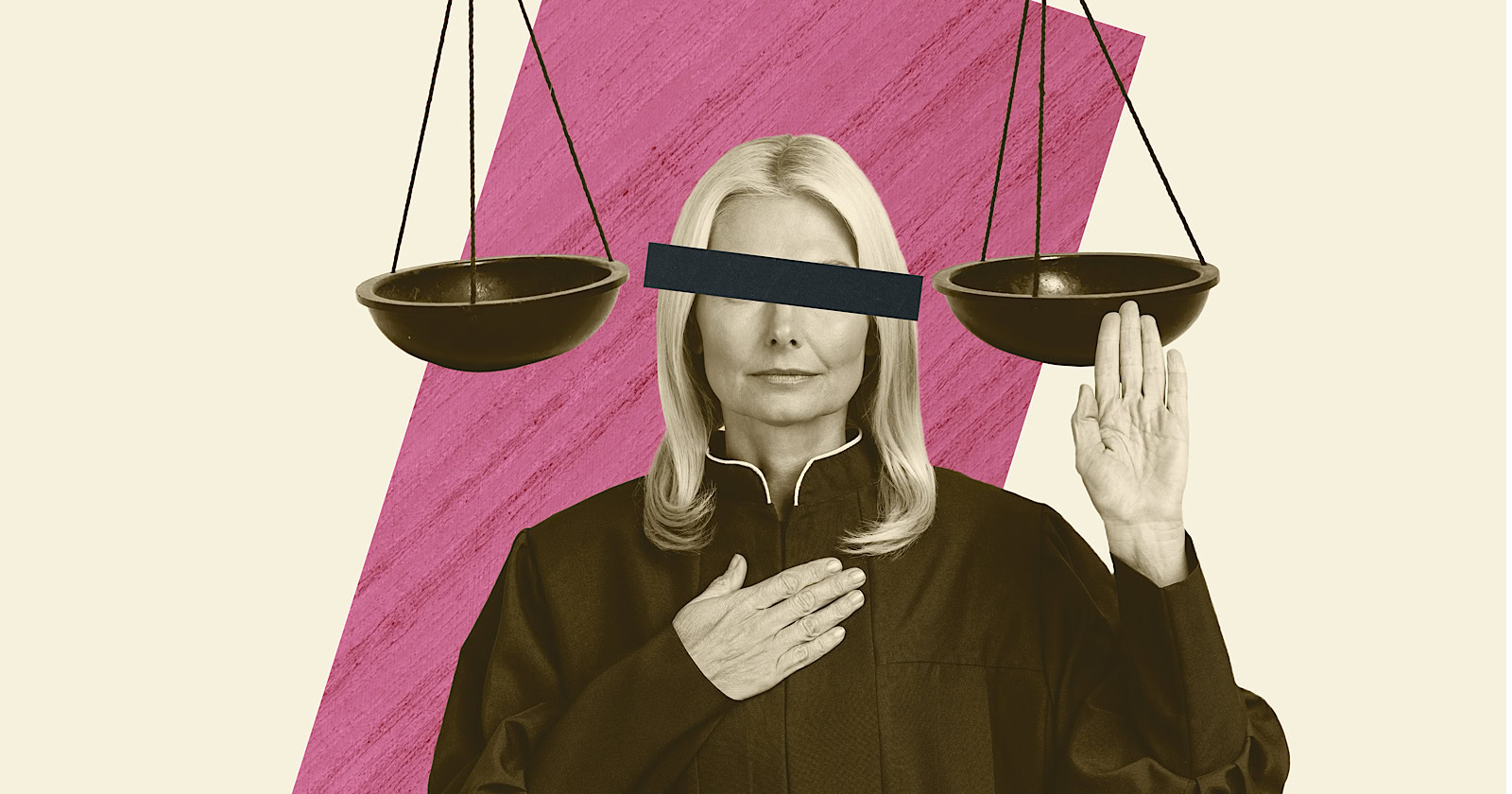‘Don’t Miss Your Life’
Ann Tashi Slater speaks with Spirit Rock cofounder Sylvia Boorstein about losing those you love, the bardos of old age, and the daily practice of dwelling in the moment. The post ‘Don’t Miss Your Life’ appeared first on Tricycle:...

Between-States: Conversations About Bardo and Life
In Tibetan Buddhism, “bardo” is a between-state. The passage from death to rebirth is a bardo, as well as the journey from birth to death. The conversations in “Between-States” explore bardo concepts like acceptance, interconnectedness, and impermanence in relation to children and parents, marriage and friendship, and work and creativity, illuminating the possibilities for discovering new ways of seeing and finding lasting happiness as we travel through life.
***
“What I do matters, but I am not in charge,” says Sylvia Boorstein in Happiness Is an Inside Job. “Suffering results from struggling with what is beyond my control.” Known for her teachings on Buddhism in everyday life, Boorstein provides guidance on navigating change, uncertainty, and loss, always reminding us that lasting ease and contentment can be found only within. “I watch my mind,” she told me. “What’s in my mind, the quality of my mind.”
A best-selling author, psychotherapist, and teacher, Boorstein was born in 1936 in Brooklyn, New York. She majored in chemistry and math at Barnard College but embarked on a new path when she became interested in the dharma. One of the key figures in American Buddhism, she cofounded Spirit Rock Meditation Center, a community devoted to the study and practice of Buddhist teachings. In addition to Happiness Is an Inside Job (2008), her other works include Pay Attention, for Goodness’ Sake (2003), That’s Funny, You Don’t Look Buddhist (1998), It’s Easier Than You Think: The Buddhist Way to Happiness (1997), and Don’t Just Do Something, Sit There (1996).
From her home in the San Francisco Bay Area, Boorstein spoke with me about coming to terms with impermanence and what it means to not miss your life.
*
You’re in your late 80s now. How are you feeling about aging? I’m surprised to find how old I am! But my sense is that we don’t all die in one piece. Instead, it’s gradual. The part of me that could get up and run has seriously died. My memory is still good, but there are things I don’t remember. I can’t travel anymore to France, where we had a house. I used to go at least once a year to a performance of Wagner’s Ring cycle with a friend—to Amsterdam, to Berlin. But I can’t sit for hours on a plane anymore, and my friend has fallen into dementia. Then, when my husband Seymour died three years ago, a whole part of my life died.
The Tibetan Book of the Dead says it can take a while for the dead person to accept what has happened. In a similar way, in life, we may find it hard to accept that the existence we’ve known has come to an end. What was it like for you when you lost Seymour? Well, his death was not unexpected. The way it happened was that he was in extremely good shape for an 88-year-old, working out every day, and he noticed that he was huffing and puffing at the gym. He went to see a doctor, and his lungs were filled with fluid. After they drained the fluid he felt better, but the cancer had already metastasized. He lived about a year and a half more and lost all his weight, all his vigor. He changed, and he changed, and he changed. I saw him disappearing right in front of me.
You know Jane Kenyon’s poem “Otherwise”? It’s about living ordinary life while knowing that “one day things will be otherwise.” I thought about that all the time when Seymour was dying. Losing him was shocking, because once the person’s gone, they’re gone. It’s so final. But I felt he had left safely because he went in such a conscious way. Just before he died, he said, “You know, I’m a fortunate person. I had a great life.” He made a list, saying it like a chant: “I’ve had the same wife for sixty-six years, and I have wonderful children, and I have wonderful great-grandchildren, and I did the work I wanted to do.” He thanked everybody and said everybody did a good job. Then he fell into a coma and just expired quietly.
How old were you when you met? I’d been together with him since I was 16. We had the fortune of marrying someone we liked to play with, and we had very good luck. Our children were all born healthy. Seymour worked hard. I raised my children, but I also had my career. We had a good life, and then he died. I teach all the time about old age, sickness, and death, but that was a hard bardo transition for me.
Now I have to think about stopping teaching, another bardo transition. My main teaching is at Spirit Rock Meditation Center, and twice a month, I have to write a whole talk. It’s too hard, but I’m clinging to it because something interesting will happen that reminds me of something the Buddha said, and I think, “How will I tell this to the class?” Then I teach, and I think, “Oh, I enjoy this so much, it keeps me alive. I don’t want to let it go.” Still, pieces of it are dying. There was an in-person teachers’ seminar some months ago at Spirit Rock that everybody went to, but I attended online. I can’t walk up and down the big hills out there anymore.
You used to be very politically active, doing things like marching against the Vietnam War and getting arrested while protesting the invasion of Afghanistan. What role does activism play in your life now? In my younger days, I went to rallies and marches every couple of weeks. About two years ago, I went to a local march and someone gave me a placard nailed to a stick. I thought, “Why am I here?” We listened to speakers and walked for an hour, and by the time it was over my back was hurting, and I thought, “Next time I’ll send money to a cause.” It’s not that you don’t have to be involved with what’s going on in the world, but you can do it in a way that’s helpful, which for me now is by sending money and signing petitions. It’s better to think, “Is this good for me and for other people?”
Do you follow the news closely? I stay informed by reading the papers. I try not to watch the news on television because it’s too alarming, and too slanted on behalf of terrible things.
A central idea in the bardo teachings is to not be distracted, and it seems that what you’re talking about is how we direct our attention. That’s right. You take your attention from something, and put it on something else. I can pay attention 24/7 to the news, but that doesn’t make anything better. People say, “There are days when I’m so distraught about all the bad things happening in the world because there’s nothing I can do.” And I say, “There’s something you can do. You can make a dozen bag lunches—peanut butter and jelly sandwiches, fruit, and granola bars—and take them down to St. Vincent de Paul, where a hundred or so homeless people come to have lunch every day.” You can’t end the wars that are being fought, but there’s something you can do to make the planet a better place.
It’s often said that the times we’re living in are so difficult. Do you think they’re more difficult than other times? It’s all about how you look at it. One of my granddaughters is a sonographer, and she can see when the baby is in the uterus that there’s a problem with the ureters or something—a problem you can fix before the baby is even born! There are so many terrible things going on in the world, but there are also amazing things happening now.
You were a chemistry and math major in college. How did you come to Buddhism? Seymour had finished medical school and started a psychiatry program in Topeka, Kansas. In the next couple of years, I had two babies and helped him do his homework. His homework was much more interesting than what I had previously learned, and I decided I wanted to be a therapist. The only way I could do that at the time was to get an MSW, so I got that degree. Then I got a PhD, writing my thesis on the psychotherapeutic effects of the yoga path, and I became a yoga teacher. I hung out with that crowd, and it was the seventies, and I became interested in the dharma. It made sense to me.
You’re Jewish, as are a number of other leading American Buddhists. Does Buddhism make sense to you in terms of how it resonates with Judaism? Oh, that’s an interesting question. It’s not because of anything that’s implicit in both Buddhism and Judaism. But my household life is structured around the Jewish holidays. I grew up that way and am familiar with liturgy and the literature behind liturgy. In That’s Funny, You Don’t Look Buddhist, my book about becoming a Buddhist, I wrote that the wallpaper of my mind is Jewish liturgy. When I started to do serious Buddhist meditation retreats, I was having all these interior experiences that resonated with that wallpaper, so I began talking about it. And then I got to be very interesting to the Jewish community.
In the last twenty years, maybe half of my teaching has been teaching rabbis and Jewish educators about Theravada Buddhism. I teach about the four noble truths and the eightfold path and the four foundations of mindfulness because that part of the Theravada path is most transferable. The Jewish tradition doesn’t have a lot of meditation in it, and many of the people I’ve taught have been interested in meditating; Theravada meditation, mindfulness meditation, doesn’t require that you unbecome a Jew. You just have to sit and pay attention, something that’s possible for everyone.
Do you have a daily practice? I try to be alert, morning until night, to the presence or absence of ill will in my mind. Because when ill will arises, your body and mind tense up. I notice if ill will has arisen, and I pay attention because it prevents me from seeing clearly. If I step back, I see people are doing this, people are doing that, these politicos have said this or that, but I don’t have to tie up my mind about it. I try to keep my mind in a well-meaning place.
One of your teachers once said to you, “It’s your life, Sylvia, don’t miss it.” What does it mean to you to not miss your life? If I have work to do, a lecture to prepare, I don’t want to be thinking, “That person didn’t look at me right today,” and wondering why. I don’t want my mind to be held hostage because I’m thinking about ten other things besides what’s in front of me. Not missing my life means dwelling in the moment, because this moment is all we have.

 Fransebas
Fransebas 






























